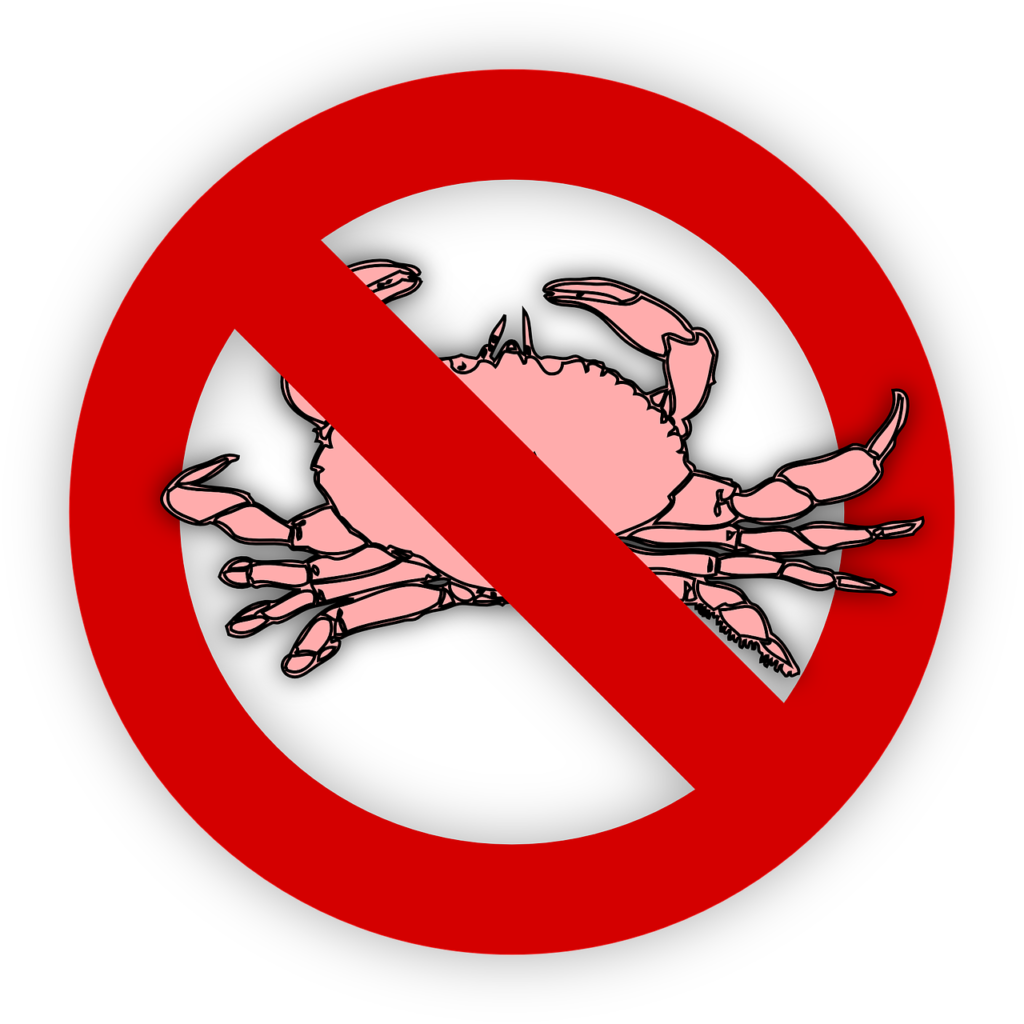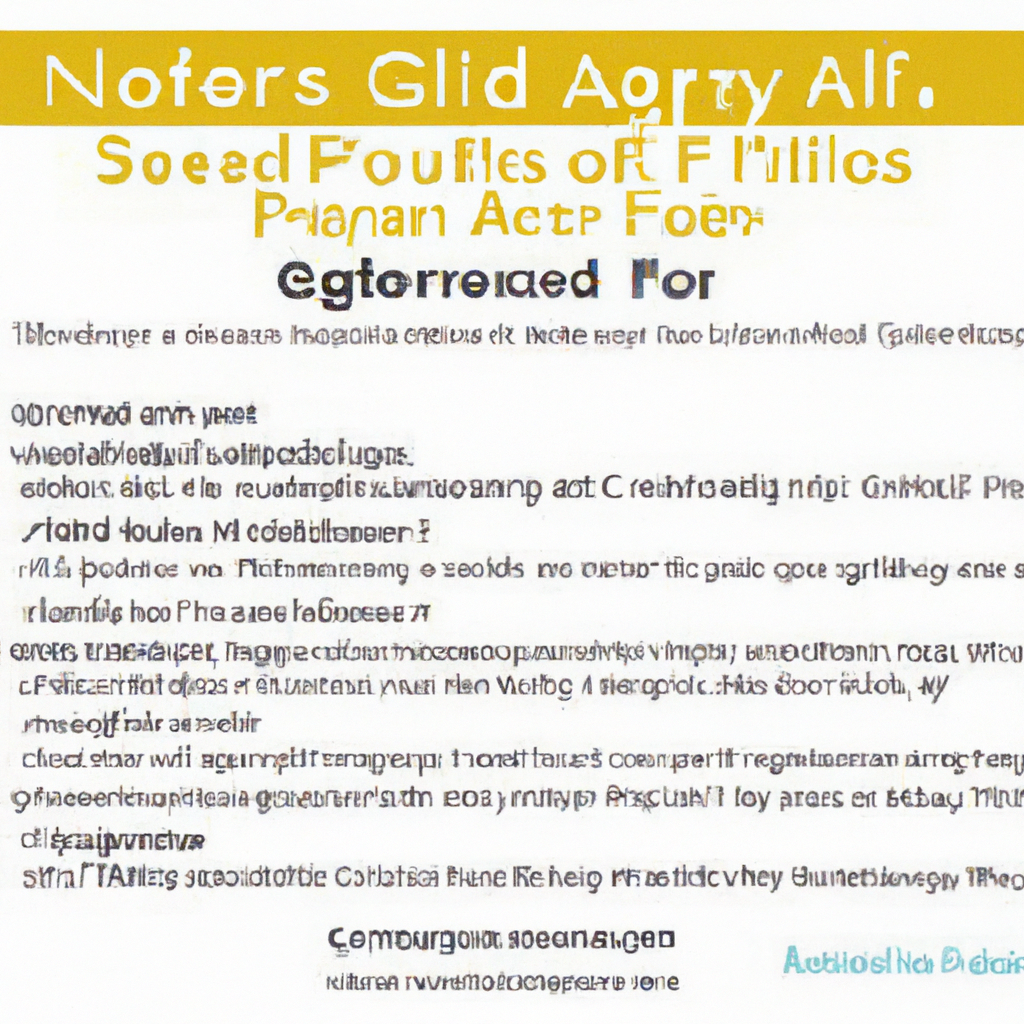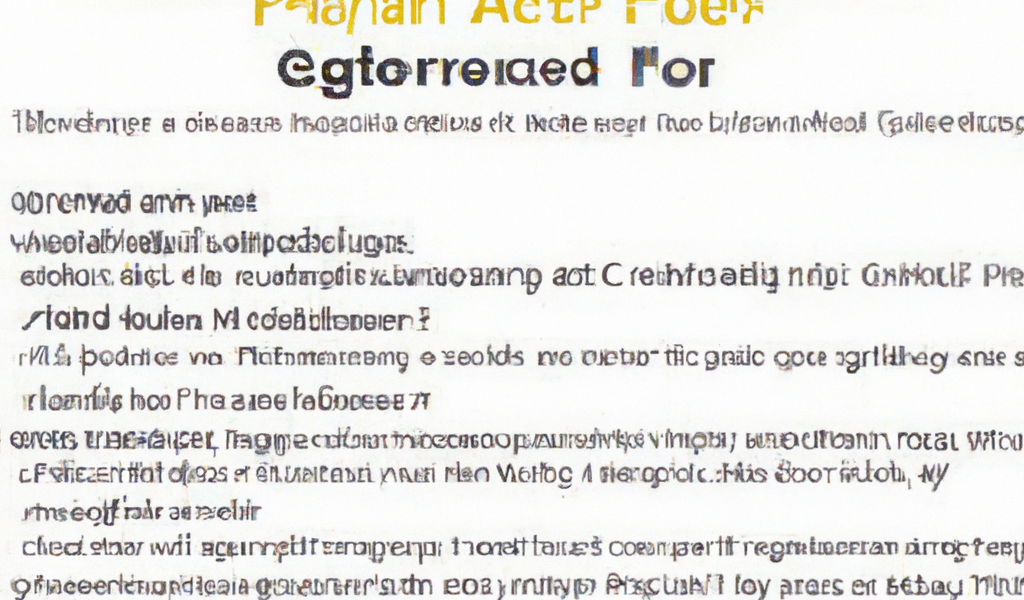How Do I Adapt My Diet If I Have Food Allergies?
If you find yourself standing in front of the grocery store shelves, scratching your head and contemplating how you can possibly adapt your diet due to food allergies, worry no more. In this article, we will explore some helpful tips and tricks to navigate through the labyrinth of food options, ensuring that you maintain a balanced and enjoyable diet, even with your dietary restrictions. From identifying hidden allergens to discovering delicious alternatives, we’ve got you covered in your journey towards a healthier, allergy-friendly lifestyle. So, let’s get started and unravel the mysteries of adapting your diet to accommodate food allergies.

Understanding Food Allergies
Food allergies can have a significant impact on your daily life, but understanding them is the first step toward managing them effectively. Identifying and diagnosing food allergies is crucial in order to avoid potential reactions. It is important to consult with a healthcare professional who specializes in allergies to receive an accurate diagnosis. They will conduct tests such as skin prick tests or blood tests to determine which specific foods you are allergic to.
Once you have been diagnosed with a food allergy, the next step is to familiarize yourself with common food allergens. These are the foods that most commonly cause allergic reactions. Some of the most prevalent allergens include peanuts, tree nuts, shellfish, fish, eggs, milk, soy, and wheat. These foods often appear in a variety of dishes and products, so being aware of their presence is crucial to avoiding allergic reactions.
Cross-reactivity and hidden allergens are also important factors to consider when managing food allergies. Cross-reactivity occurs when someone is allergic to one food but also has a reaction to a similar food due to shared proteins. For example, someone with a pollen allergy may also have an allergic reaction to certain fruits and vegetables. Hidden allergens can be found in foods that you may not expect. For example, wheat can often be found in sauces or condiments, soy can be present in processed meats, and peanuts can be used in unexpected ways in certain cuisines. Reading food labels carefully and being aware of potential cross-reactivity and hidden allergens is vital in preventing allergic reactions.
Creating a Food Allergy Plan
Creating a personalized food allergy plan is an essential part of managing your diet. Consulting a healthcare professional, such as an allergist or dietitian, can provide valuable guidance and support in creating a plan that suits your specific needs. They can help you establish a list of safe foods, identify potential substitutes, and ensure that you are getting all the necessary nutrients.
Keeping a food diary can also be helpful in tracking your diet and any symptoms or allergic reactions that may occur. By documenting what you eat and any subsequent reactions, you can identify patterns and potential triggers. This can aid in adjusting your diet and avoiding foods that consistently cause reactions.
Reading food labels is a crucial skill for anyone with food allergies. Labels often contain important information about potential allergens present in the product. Paying attention to ingredients and any allergen warnings can help you make informed choices about the foods you consume.
Eliminating Allergens from Your Diet
When you have food allergies, avoiding common allergens is the key to staying safe and preventing allergic reactions. This means being vigilant about reading food labels and understanding the potential sources of allergens. Be aware of common ingredients that may contain allergens, such as nuts, eggs, or wheat. By eliminating these allergenic ingredients from your diet, you can significantly reduce the risk of accidental exposure.
Substituting allergenic ingredients with alternatives is an effective strategy for adapting your diet. For example, if you are allergic to dairy, you can explore plant-based milk alternatives like almond milk or oat milk. There are also numerous gluten-free options for those with wheat allergies or celiac disease. Experimenting with different substitutes can help you create meals that are safe and enjoyable, even with your dietary restrictions.
Maintaining a Balanced Diet
While eliminating allergens from your diet is crucial, it is equally important to ensure that you are still getting a balance of essential nutrients. For individuals with food allergies, finding alternative protein sources is important to meet their dietary needs. This can include foods like beans, lentils, quinoa, tofu, and lean meats or poultry if they are safe options. Incorporating a variety of fruits, vegetables, and whole grains is also essential for a well-rounded diet.
Ensuring micronutrient intake is another aspect of maintaining a balanced diet with food allergies. Some allergens, such as dairy, can be important sources of calcium and vitamin D. If you are allergic to these foods, it is important to find alternative sources of these nutrients, such as fortified plant-based milks or supplements. Regular check-ups with a healthcare professional, such as a dietitian or allergist, can help ensure that you are meeting your nutritional needs.

Meal Planning and Preparation
Meal planning and preparation can take some extra effort when you have food allergies, but it is well worth it to ensure your safety and enjoyment of meals. Batch cooking and freezing meals can be a time-saving strategy, allowing you to have safe and convenient options on hand. Simply prepare larger portions of allergy-friendly dishes and store them in individual portions in the freezer for future use.
Planning ahead for social events is also important when you have food allergies. Communicating your dietary restrictions to the host or hostess can help ensure that there will be safe options available for you to enjoy. If necessary, consider bringing your own dish to share, so you know you have something safe to eat. Additionally, always carry safe snacks or meals in case there are no suitable options available when you are away from home.
Eating out with food allergies requires some extra precautions. Before dining out, research the restaurant’s menu and allergen policies. Call ahead to ensure they can accommodate your allergies and take necessary precautions to prevent cross-contamination. When ordering, clearly communicate your dietary needs to the server and ask questions about the preparation of the dishes. It is important to trust your instincts and speak up if you have any doubts about the safety of a certain food or dish.
Handling Cross-Contamination
Cross-contamination is a common concern for individuals with food allergies. Preventing cross-contamination at home starts with keeping allergenic foods separate from non-allergenic ones. Use separate cutting boards, utensils, and cookware for different types of food to avoid any cross-contact. Thoroughly clean surfaces and equipment after each use to reduce the risk of accidental exposure.
If you are eating in a shared kitchen, it is important to establish clear rules and protocols to prevent cross-contamination. Communicate with family members or roommates about your dietary restrictions and ask for their support in maintaining a safe environment. Consider designating specific areas or shelves in the pantry and refrigerator for allergenic and non-allergenic foods to minimize the chances of accidental exposure.
Traveling with food allergies requires extra preparation and precautions. Research your destination’s food options and availability of allergy-friendly restaurants or grocery stores in advance. Consider packing safe snacks or meals to have on hand during your travel. It may also be helpful to carry a chef card or allergy translation card in the local language to communicate your dietary needs to restaurant staff or locals.

Seeking Support and Resources
Managing food allergies can sometimes feel overwhelming, but remember that you are not alone. Joining a support group can provide a sense of community, as well as valuable tips and advice from others who are going through similar experiences. Connecting with individuals who understand the challenges of living with food allergies can be comforting and empowering.
Working with a registered dietitian who specializes in food allergies can provide personalized guidance and support. They can help you create a tailored meal plan, ensure nutritional adequacy, and answer any questions or concerns you may have. A dietitian can also help you navigate dining out, grocery shopping, and managing your allergens in various situations.
Online resources and recipe ideas can be a valuable tool for individuals with food allergies. There are numerous websites, blogs, and social media platforms dedicated to providing information, recipes, and support. These resources can help you discover new foods, meal ideas, and creative ways to adapt your favorite recipes to fit your dietary needs.
Food Allergy Emergencies
Although taking preventive measures is crucial, it is important to be prepared for food allergy emergencies. Recognizing an allergic reaction is the first step in taking appropriate action. Symptoms can range from mild to severe and may include itching, hives, difficulty breathing, nausea, vomiting, or even anaphylaxis. If you experience any symptoms after consuming a potential allergen, it is important to seek medical attention immediately.
Emergency preparedness involves carrying an epinephrine auto-injector at all times if you have been prescribed one. An epinephrine auto-injector, such as an EpiPen, can be lifesaving in the event of a severe allergic reaction. Familiarize yourself and your loved ones with how to use the auto-injector properly. It is also important to have an emergency action plan in place, which may include calling emergency services or going to the nearest hospital in case of a severe reaction.

Teaching Others about Food Allergies
Educating others about food allergies plays a crucial role in creating a safe and inclusive environment. Informing friends, family, and coworkers about your food allergies can help them understand the seriousness of your condition and the importance of avoiding cross-contamination. Help them recognize the signs of an allergic reaction and teach them how to respond in case of an emergency.
Educating teachers and school staff is essential for the safety of children with food allergies. Meet with school personnel to discuss your child’s allergies and develop a comprehensive plan to ensure their safety. This may include training staff on how to recognize and respond to an allergic reaction, establishing allergen-free zones or tables in the school cafeteria, and implementing protocols for classroom parties or events.
Advocating for food allergy awareness in your community can have a broader impact. Raise awareness by participating in local events, sharing information on social media, or reaching out to community organizations. By educating others about the challenges of living with food allergies, you can promote understanding, empathy, and support.
Monitoring and Managing Allergies
Monitoring and managing your food allergies is an ongoing process. Regular check-ups with a healthcare professional, such as an allergist or dietitian, can help monitor your allergies and ensure that your treatment plan is effective. They can conduct tests or make adjustments to your allergy management plan as needed.
Keeping track of symptoms and triggers is essential for identifying patterns and potential allergens. Consider using a food diary or a mobile app to record your meals, symptoms, and any suspected triggers. This information can help you and your healthcare team make informed decisions about your diet, potential adjustments, and strategies for minimizing allergic reactions.
By understanding food allergies, creating a personalized food allergy plan, eliminating allergens from your diet, maintaining a balanced diet, meal planning and preparation, handling cross-contamination, seeking support and resources, being prepared for food allergy emergencies, teaching others about food allergies, and monitoring and managing your allergies, you can effectively adapt your diet and live a fulfilling life while managing your food allergies. Remember, with the right knowledge, support, and precautions, you can navigate the challenges of food allergies and enjoy a safe and healthy lifestyle.


